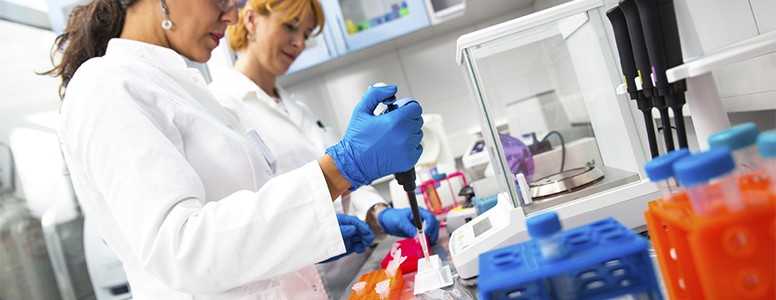A new predictive tool called the DiaRem score could help identify which obese patients with type 2 diabetes who have bariatric (weight loss) surgery will have their condition reversed.
The DiaRem score is a new tool based on four simple clinical measures. It ranges from 0-22 points and is based on age, insulin dependence, diabetes medication use and HbA1c.
Researchers at the Obesity Institute, Geisinger Health System, Pennsylvania, examined the predictive power of the DiaRem score in 407 obese patients with type 2 diabetes. All patients had received Roux-en-Y gastric bypass surgery up to eight years previously, and had a mean age of 51.
Complete remission was defined as returning to normal blood glucose levels and being off medication for one year. Patients were classed as “cured” if their remission lasted at least five years.
Half of the 100 patients with the best DiaRem scores (0-2) were cured of their diabetes, but none of the 33 participants with the worst scores (18-22) were able to achieve remission.
The proportion of patients achieving remission of any duration decreased as DiaRem scores increased, and senior author Annemarie G Hirsch, PhD, MPH believes the score can predict whether bariatric surgery will lead to short-term remission of type 2 diabetes.
“[DiaRem was] designed to be easily implemented, using a simple calculation based on four data elements readily available to doctors treating patients with diabetes,” Hirsch explained.
“We now show that the DiaRem score predicts who will be cured by surgery, defined as complete remission lasting at least five years. The recent efforts to build larger cohorts, gather more data, and develop new analytical capabilities do not preclude continued exploration into how existing data assets can be used to improve the precision of care today.”
Hirsch added that this study shows how the DiaRem score could be used to help guide treatment decisions regarding diabetes management.
The study was published in JAMA Surgery.
What's new on the forum? ⭐️
Get our free newsletters
Stay up to date with the latest news, research and breakthroughs.







